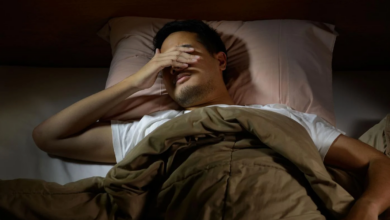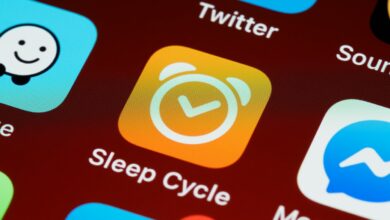
Getting enough good quality sleep is essential for maintaining health and quality of life, and not getting enough is dangerous to individual health and public safety, according to a new policy statement by the American Thoracic Society (ATS).
The public and their healthcare providers need to be better educated about the importance of sleep, ways to promote good sleep and the consequences of not doing so, the authors write on behalf of ATS, whose members specialize in respiratory and sleep medicine, as well as critical care.
The statement includes a review of the literature on sleep and recommendations for public health education programs, based on the clinical experience of ATS experts like coauthor David Gozal of The University of Chicago.
Despite a lot of “noise” in the public and among professionals on sleep-related issues, there are few definitive sources that succinctly summarize the evidence so that a medical professional can discuss the topic with their patients, Gozal told Reuters Health by email.
“The purpose of this document was not to challenge the existing scientific evidence, merely create and make accessible a succinct summary of the scientific evidence regarding the importance of sleep to health,” he said.
For adults, less than six hours of sleep per night or more than nine to 10 hours per night may be linked to negative health outcomes, so the sweet spot is somewhere in between, according to the statement published in the American Journal of Respiratory and Critical Care Medicine.
But sleep requirements change with age, and differ by individual. Teens require more sleep and operate with a delayed “body clock,” so school start times for teenagers should also be shifted to later in the morning, the authors suggest.
“Later school start times, particularly high school, have shown substantial beneficial effects on absenteeism, aggressive behaviors and bullying, and even on academic performance,” Gozal said. “However, the cost-benefits need to be weighed as far as the implications for the rest of the family, work, commute, etc. such as to generate a compromise in which the school will start as late as possible under the local circumstances.”
Younger children have unique needs as well, and specific age-based sleep recommendations should be developed for them, according to the statement.
The authors also recommend that all drivers, including teens learning to drive, receive education about how to recognize the symptoms and consequences of drowsy driving, and encourage public education about the impact of working hours and shift work on sleep duration and quality and its association with workplace injuries.
Sleep disorders like obstructive sleep apnea are common, costly and cause major life disruptions, but often go undiagnosed and untreated, they note.
Physicians need to stress the importance of good quality sleep to their patients. And they should be taught that cognitive behavioral therapy is an effective treatment for insomnia, rather than trying hypnotics and sedatives first, the statement authors emphasize.
“If you awake on your own, feeling well, in a good mood, with positive energy and a favorable outlook to the day ahead, then it is very likely that your sleep was sufficient and good quality,” Gozal said.
Promotion of healthy sleep needs to start early in life, at home, in daycare and in schools, and needs to happen often across all media, Gozal said.
“I think that public awareness is there. The problem is in the execution,” said Willis H. Tsai of the University of Calgary in Canada. “It’s like eating at a fast food restaurant. You know it isn’t really good for you, but you end up doing it anyways.”
Employers can be proactive about protecting employee sleep, but it requires government regulation, Tsai, who was not an author of the new statement, told Reuters Health by email.
“At all ages and across all cultures and professions, the public needs to acquire the deep understanding that similar to other healthy behaviors, sleep is not a tradable commodity but rather is a life sustaining physiological function that needs to be as respected and revered as your bank account,” Gozal said.



